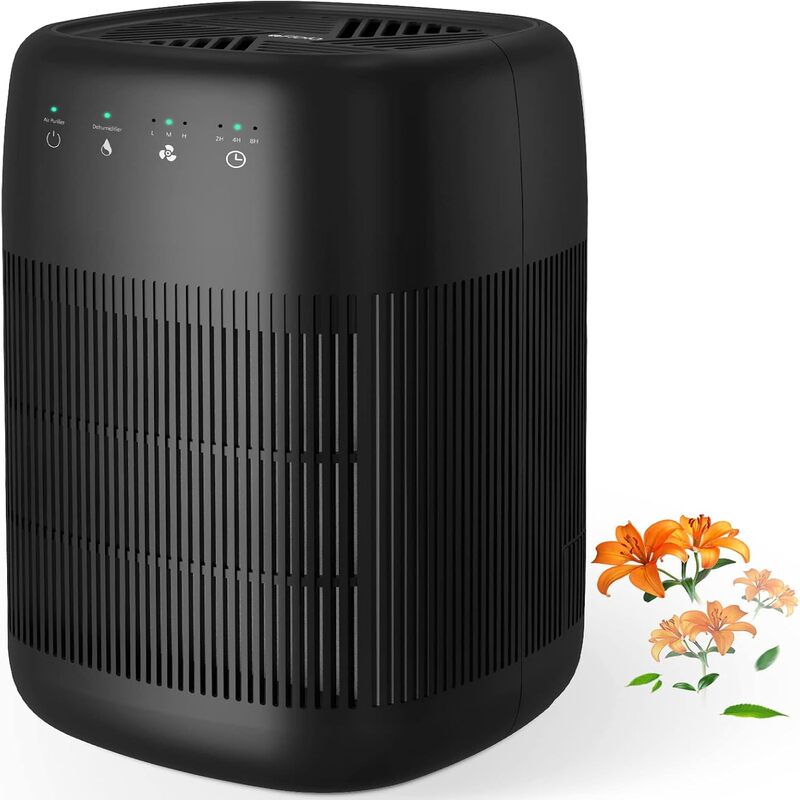Maintaining indoor air quality is crucial for overall health and comfort. Two common devices used to improve indoor air conditions are air humidifier vs purifier.
Air Purifiers: Clearing the Air of Contaminants
Air purifiers serve as a proactive measure for achieving a healthier breathing space by eradicating a variety of airborne pollutants. These devices are designed to cleanse the air of contaminants such as dust, pollen, mold spores, smoke particles, pet dander, and other potentially harmful substances.
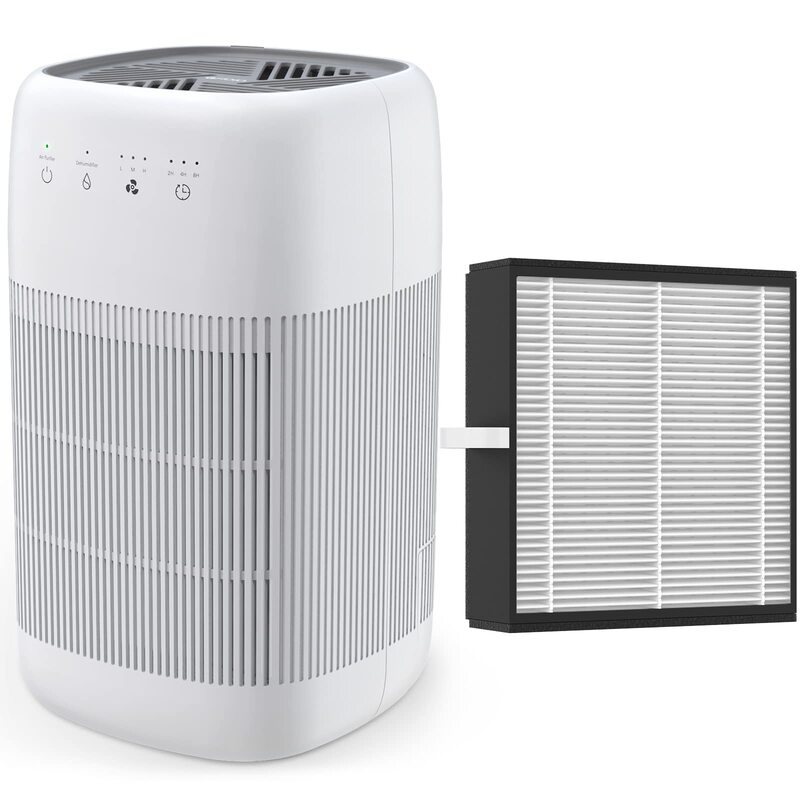
How Air Purifiers Work
Air purifiers operate by drawing in polluted air through a series of filters which trap these fine particulates. The most common filter type utilized in these devices is known as a High-Efficiency Particulate Air (HEPA) filter, which is capable of removing 99.97% of particles that are 0.3 microns in diameter or larger. By continuously cycling the room’s air through this filtration system, air purifiers help to maintain an environment with significantly lower levels of contaminants.
Advantages of Using an Air Purifier
Using an air purifier can have a striking impact on the quality of air in a room or home. The primary benefit is the reduction of allergy and asthma triggers, making it easier for individuals with these conditions to breathe and live comfortably. In addition, air purifiers can contribute to better overall respiratory health by decreasing potential pollutants one might inhale, thereby reducing the likelihood of respiratory infections and symptoms associated with long-term exposure to contaminated air.
Ideal Situations for Air Purifier Use
Air purifiers are particularly advantageous in environments where the air quality is compromised. Urban settings with higher pollution levels, homes located near industrial areas, or places prone to wildfires may find these devices especially beneficial. Additionally, households with pets, smokers, or family members with allergies or asthma will often see immediate improvements in their day-to-day comfort and health when an air purifier is consistently used.
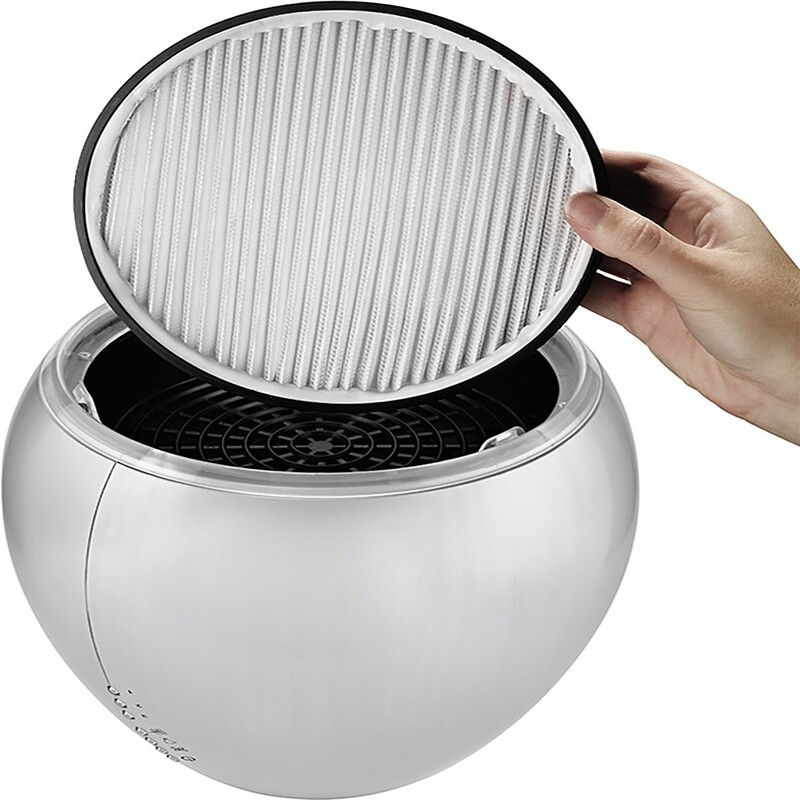
Humidifiers: Adding Moisture for Comfort
Air Humidifiers play a fundamental role in maintaining a comfortable indoor environment, especially in regions with dry climates or during seasons when indoor heating systems can strip the air of moisture. By emitting water vapor into the atmosphere, these devices can alleviate discomfort caused by dry air, contributing to a healthier living space.
Functionality of Humidifiers
Humidifiers work by releasing moisture in the form of a mist or steam, which increases the relative humidity levels in a room. This can be accomplished through various methods, including ultrasonic vibrations, evaporative technology, or heating water to create steam. The result is an environment where the air is less dry, and comfort is elevated.
Benefits of Using a Humidifier
The introduction of a humidifier into a living space can offer several health advantages. Not only does it prevent issues related to dry skin and respiratory discomfort, but it also can aid in reducing the proliferation of flu viruses, which are known to thrive in low humidity environments. Furthermore, proper humidity levels can decrease the potential for snoring and promote better sleep quality.
When to Consider Using a Humidifier
Particularly during winter months, when the use of heaters can lead to dry indoor air. A humidifier can be a valuable asset. Additionally, in geographical areas where the climate is arid year-round. Maintaining optimal moisture levels can be challenging without the help of a humidifier. For people who suffer from ailments exacerbated by dry air, like sinus headaches or nosebleeds. The regular use of a humidifier can significantly improve their condition.
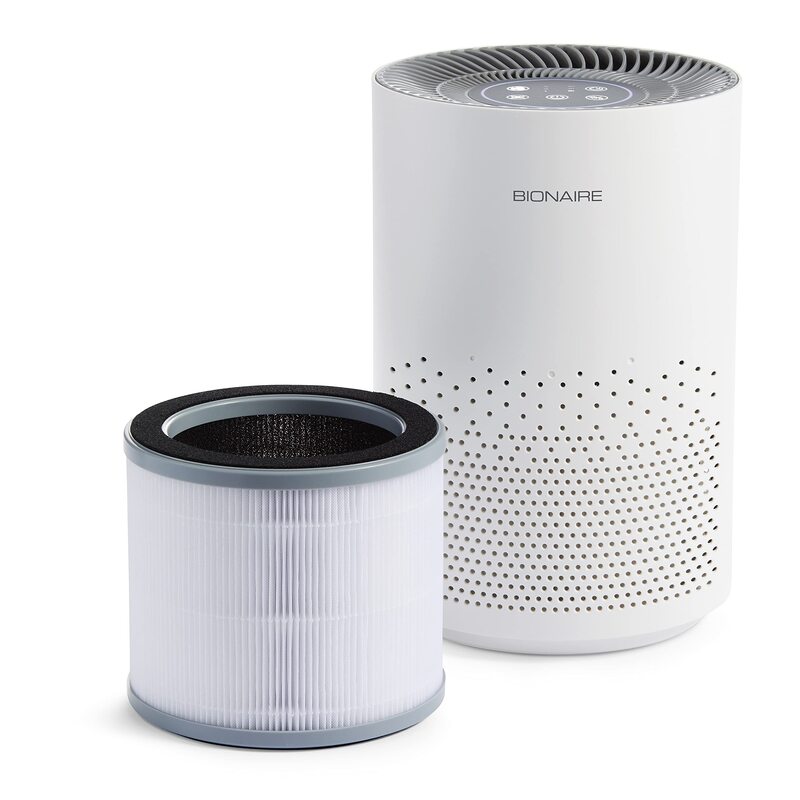
Comparing Humidifiers and Air Purifiers
When contemplating the addition of either an air humidifier or purifier to your environment. It’s essential to understand their unique functions and the specific humidifier air purifier benefits they each offer. The decision of which device suits your needs best can significantly impact your comfort and health.
Distinct Roles in Air Quality Management
Air purifiers primarily focus on eliminating airborne contaminants. Equipped with filters, such as HEPA, they capture and reduce particles like dust, pollen, and pet dander. Ultimately providing relief to allergy and asthma sufferers by removing triggers from the indoor air. On the other hand, humidifiers aim to correct moisture levels in the air. Which can have a wide range of beneficial effects, from preventing dry skin to improving respiratory issues caused by dry air.
The role of air purifiers revolves around improving air quality by filtering out impurities and could be particularly crucial for those living in areas with high pollution or for households with smokers or pets. Conversely, humidifiers are an essential remedy in arid climates or during seasons when the air is artificially dried by home heating. Fulfilling the role of maintaining comfort by preventing the harsh effects of dry air.
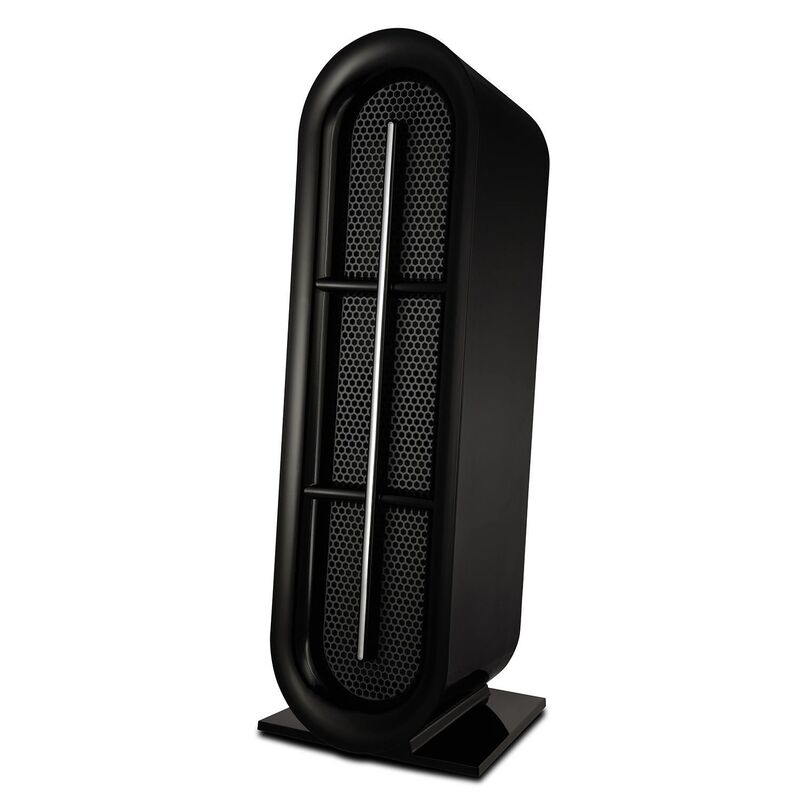
Can You Use an Air Purifier and Humidifier Together?
Yes, it’s entirely feasible to operate both an air purifier and a humidifier concurrently for combined benefits. This duo can effectively address different aspects of air quality and comfort. With the purifier targeting cleanliness and the humidifier tackling humidity levels. However, care should be taken to prevent any dampness from the humidifier from affecting the purifier’s functionality.
For optimal results, air purifiers should be placed away from any moisture release from humidifiers to maintain their efficiency. When used together, these devices can create an indoor atmosphere that promotes both respiratory health and skin hydration—making for a holistic approach to air quality management.
Choose Based on Your Specific Needs
Ultimately, the choice between a humidifier and an air purifier—or the decision to use both—should be based on the specific requirements of your environment and health concerns. Tailor your decisions to the unique composition of your home’s air and to the health and comfort of its occupants.
Supplementary Solutions: Diffusers and Dehumidifiers
While air purifiers and humidifiers are instrumental in improving indoor air quality and comfort, there are other devices, such as diffusers and dehumidifiers, that offer supplementary benefits and can further enhance the living environment in your home.
Understanding the Role of Diffusers
Diffusers are primarily known for their use in aromatherapy, distributing essential oils into the air to create a pleasant, therapeutic atmosphere. Understanding the difference of humidifier vs diffuser vs purifier, unlike purifiers and humidifiers, diffusers don’t significantly change the air’s quality or moisture levels. They are effective for providing relaxation, reducing stress, and sometimes even aiding in better sleep when imbued with the right essential oils.
Dealing with Excess Moisture: Dehumidifiers
On the flip side of humidifiers, dehumidifiers are used when there’s an excess of humidity in the home. High humidity can lead to the growth of mold and mildew, which are detrimental to both health and the home’s structure. Dehumidifiers remove excess moisture from the air, maintaining a healthy balance that prevents these issues. They are especially useful in naturally humid climates or in parts of the home where moisture accumulates, like basements.
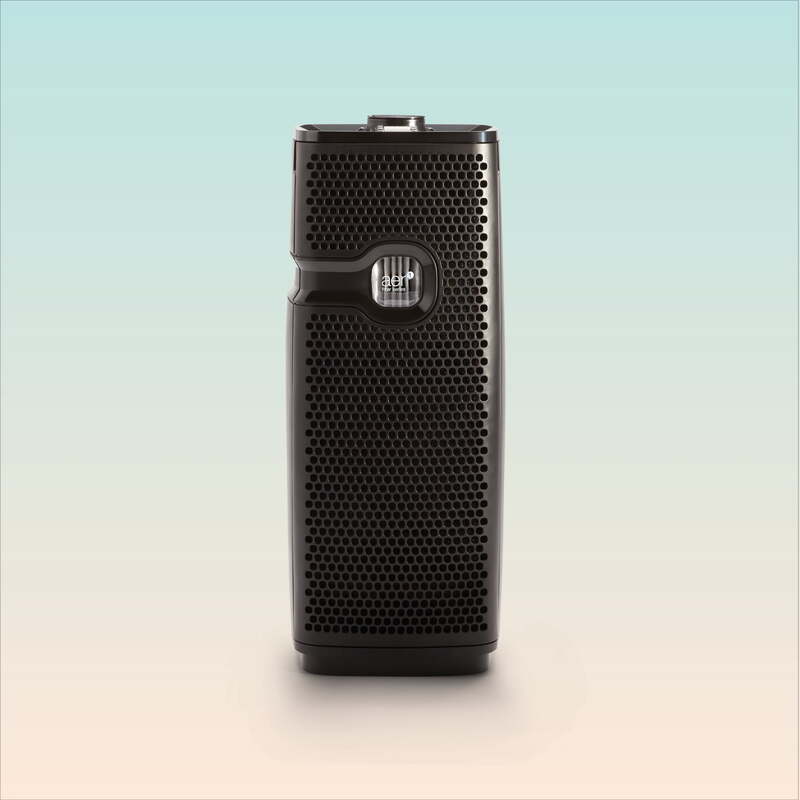
Making the Right Choice for Your Home
Assessing Your Home’s Environment
Take a close look at your living space to determine the needs of your home’s environment. If you regularly battle with dust, have pets that shed dander, or live in a high-pollution area, an air purifier will be beneficial in reducing those allergens and contaminants. Conversely, if you often experience dry skin or respiratory irritation, especially in the winter when heaters are running, this could indicate that the air in your house is too dry and would benefit from the use of a humidifier.
Health Considerations and Device Benefits
Health considerations play a crucial role in choosing the right device. For those with asthma or allergies, an air purifier can significantly alleviate symptoms by removing the triggers from their environment. If your primary health issues revolve around the effects of dry air, such as frequent nosebleeds or a consistently sore throat, a humidifier could provide the relief you’re searching for by maintaining the right level of humidity.
Balancing Air Quality and Comfort
Finding the right balance between air quality and comfort is key. It might turn out that your home would gain the most from using both an air purifier and a humidifier. An air purifier can enhance the quality of the air by removing particulate matter. While a humidifier can add the necessary moisture to prevent the air from becoming too dry. Remember, you can use both devices simultaneously; just ensure they are not placed too close to each other to prevent moisture from the humidifier compromising the purifier’s efficiency.
In conclusion, the choice between an air purifier, a humidifier. Or both depends on a variety of factors specific to your home. Assess your environment, consider any health symptoms affected by air quality. And choose the solution that not only improves the air you breathe but also raises your overall comfort level. By doing so, you can create a healthier and more pleasant living space for you and your family.
Conclusion: Choosing the Right Device for Your Air Quality Needs
Air humidifiers and air purifiers each play essential roles in maintaining indoor air quality, addressing distinct aspects of air health. Understanding the core functions and benefits of air humidifiers highlights their importance in maintaining optimal humidity levels.

